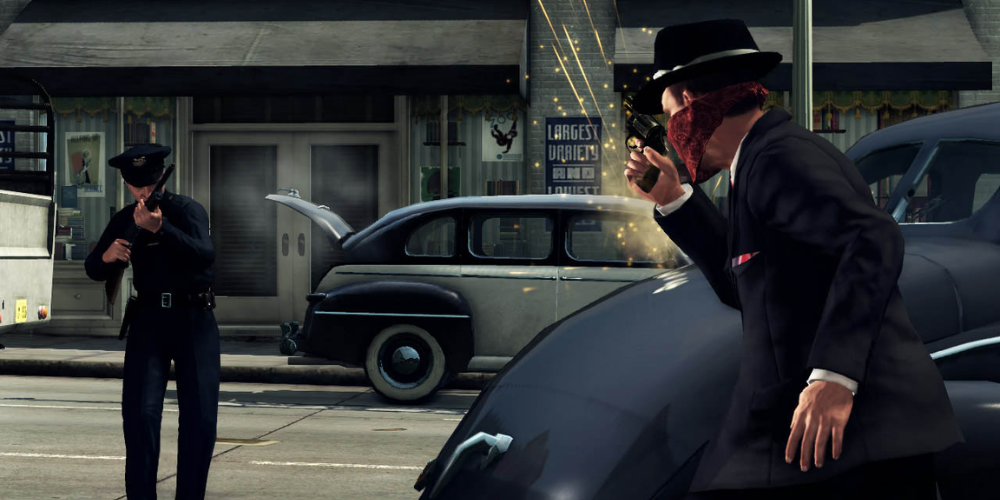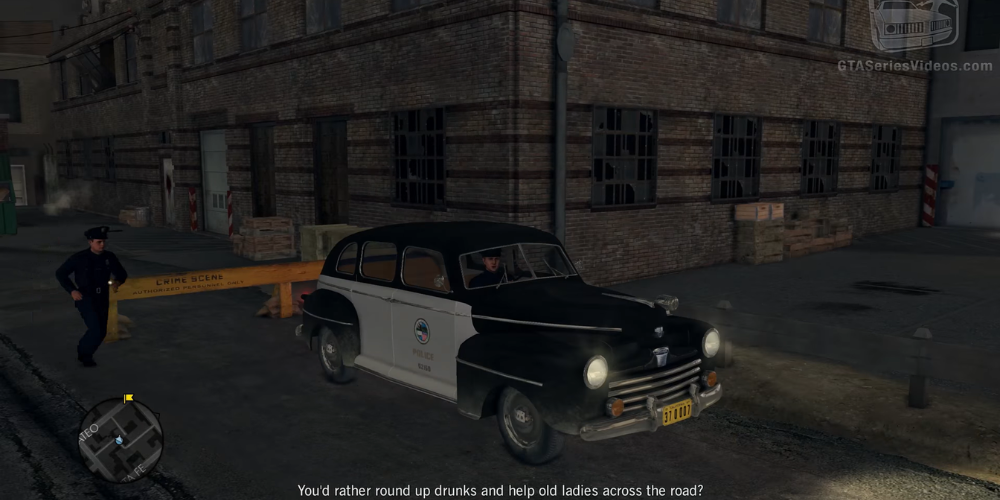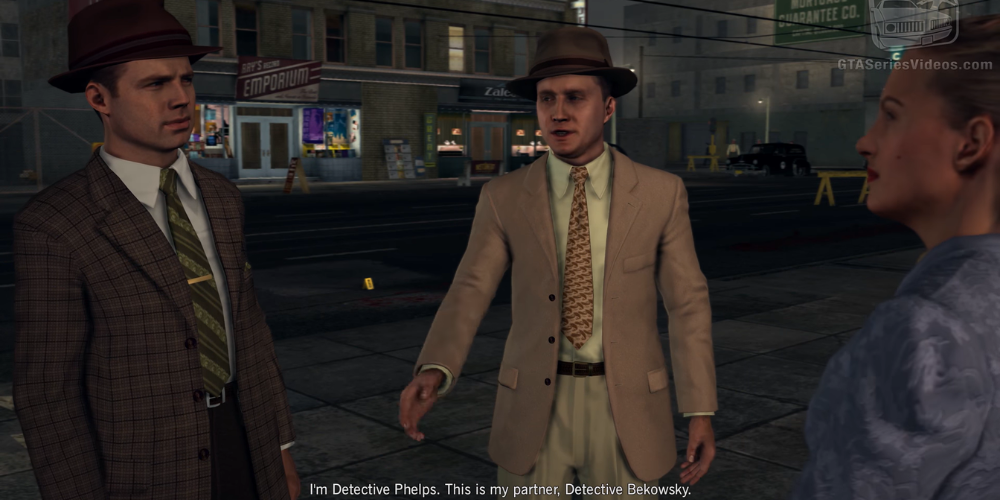Mastering the Art of Negotiation in "L.A. Noire"
- May 31, 2024
- 0

In the immersive and meticulous world of "L.A. Noire," understanding the nuances of negotiation is as crucial as solving the game's mystery game series. Set in the atmospheric backdrop of 1940s Los Angeles, this detective-themed video game challenges players to crack cases and requires them to become adept in the art of negotiation. The ability to effectively question suspects, interpret responses, and decide when to push harder or back off can significantly influence the unfolding storyline. This article delves deeper into strategies to refine your negotiation skills in "L.A. Noire," enhancing our gameplay experience and increasing your success in solving cases.
Understanding the Importance of Emotional Intelligence
At the heart of negotiation in "L.A. Noire" lies the ability to read and respond to the emotional cues of characters. Emotional intelligence is critical as it impacts how you interpret verbal and non-verbal cues. Recognizing subtle signs such as facial twitches, avoidance of eye contact, or changes in speech patterns can give clues about a character's character or deception. Training yourself to notice these cues will allow you to choose more effective interrogation tactics, leading to the acquisition of crucial case information.
Choosing the Right Strategy: Good Cop, Bad Cop, Accuse

Different "L.A. Noire" situations call for different approaches. The game gives you three primary interrogative options: Good Cop, Bad Cop, and Accuse. Selecting the appropriate tactic is a decisive factor in how effectively you gather information.
- Good Cop (Truth): When you perceive the suspect to be genuinely forthcoming, adopting a friendly and understanding approach can encourage them to divulge more details.
- Bad Cop (Doubt): This is useful when you sense hesitancy or deceit but lack concrete evidence to make a direct accusation. Exerting pressure can lead to suspects revealing more than they intend.
- Accuse (Lie): When you have substantial evidence against a suspect, accusing them can lead to admissions or further valuable information, but it requires an accurate interpretation of collected evidence to support the accusation.
Each option can dramatically alter the outcome, making it essential to analyze the suspect's evidence thoroughly before making a decision.
Meticulously Gathering and Analyzing Evidence

Effective negotiation in "L.A. Noire" is not possible without meticulous attention to evidence collection. Every piece of evidence can potentially support or contradict a suspect's perspective. Before entering into a negotiation or interrogation, revisiting your collected items and ensuring you understand their relevance can empower your questioning approach. This preparation prevents moments of uncertainty that could undermine your authority in the interrogation room.
Handling Confrontations and Conflicts
Negotiation in "L.A. Noire" can sometimes lead to confrontations. Handling these effectively requires a calm demeanor and strategic thinking. In heated moments, taking a step back and assessing the situation rather than reacting impulsively can provide new avenues for resolution. Players should remember that not every confrontation needs to lead to heightened conflict; sometimes, a more measured approach can yield better long-term results in gathering information.
Adapting to Different Personality Types
Characters in "L.A. Noire" come with varied personalities, which means a one-size-fits-all approach to negotiation does not work. Adapting your interrogation techniques to match the temperament and background of the character can increase your chances of a favorable outcome. For instance, approaching a hard-edged crime boss with aggression might result in close communication, whereas showing some understanding might provide leverage.
Developing Listening Skills

A key component of successful negotiation in any context, including "L.A. Noire," is active listening. This involves not just hearing but understanding and processing the information being shared by suspects. Active listeners are better equipped to catch inconsistencies in stories or statements that only a keen ear can discern. This skill can significantly enhance your effectiveness in interrogation scenarios.
Experimentation and Flexibility
The negotiation outcomes in "L.A. Noire" are influenced by various factors, including how different strategies have fared in past interactions. Being willing to experiment with different techniques and approaches can reveal what works best with different characters under varying circumstances. Flexibility and adaptability are your allies in navigating the complex web of human interactions the game presents.
In conclusion, mastering the art of negotiation in "L.A. Noire" enriches the gameplay experience, enables better case resolutions, and provides a deeper understanding of human behavior. By refining emotional intelligence, strategy selection, evidence analysis, and listening skills, players can become adept negotiators, turning every interrogation into a stepping-stone toward solving the grand puzzles of the Los Angeles crime world.